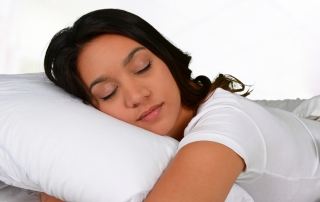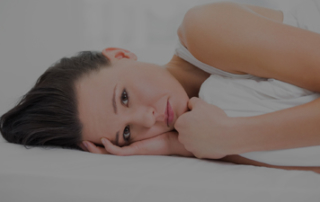Soy Supplements for Menopausal Symptoms: Higher Doses and More Frequent Dosing May Help
Studies assessing the effectiveness of complementary and alternative medicines (CAM) for the treatment of menopause-related hot flashes have yielded conflicting results. Most studies have demonstrated that treatments such as soy and black cohosh are not likely to be effective in most women; however, a new study suggests that women who take higher doses (100 to 200 mg)of isoflavones and more frequent dosing (2-3 times per day) may experience a greater reduction in the frequency of hot flashes.








